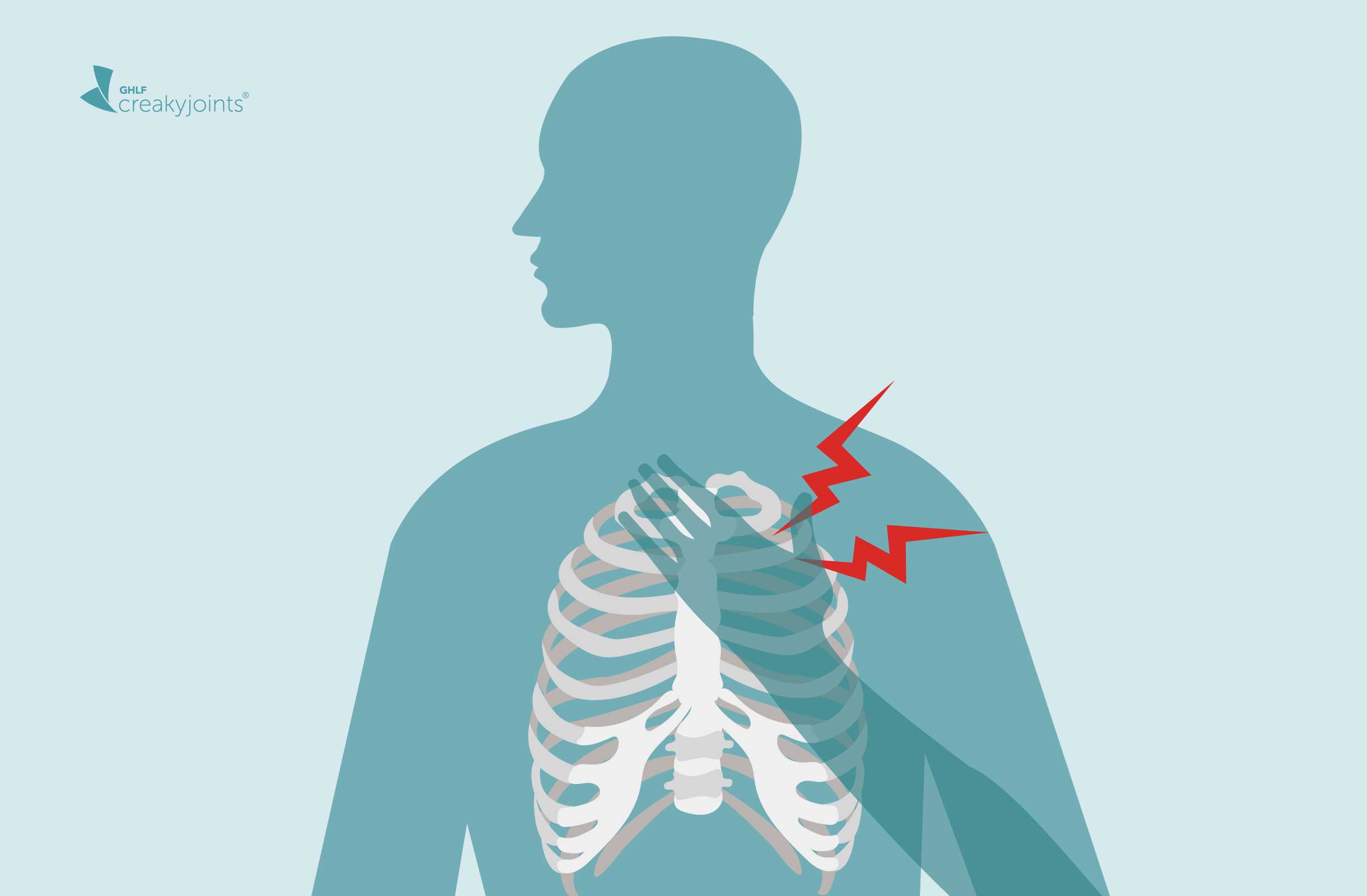
The pain is more severe than any youve had before. The pain radiates to the shoulders arms or jaw.

You can know if your chest pains are serious by assessing your symptoms and medical history.
How to know if chest pains are serious. A sensation of pressure pain or squeezing in the center of your chest is a classic symptom of heart attack. Its common for this pain to radiate to your jaw neck back or arm. Even if it spreads outside the chest its called chest pain or in medical terms angina.
But people can experience chest pain for reasons other than a heart attack. However chest pain can also stem from a health issue affecting the lungs stomach or muscles for example. It is crucial to receive emergency care.
Chest pain is serious business. If you think yours might be due to a heart attack take action right away. The sooner you are checked out the sooner you can get the kind of artery-opening therapy that can protect your heart from permanent damage.
When chest pains require immediate attention. Chest pains that indicate a serious problem typically coincide with these symptoms. Fullness in your chest.
Burning sensation around your heart. Another signature heart attack symptom is pain that radiates down one or both arms and to your shoulders jaw and back. The pain is accompanied by chest tightness squeezing heaviness or a crushing sensation.
The pain is accompanied by weakness nausea shortness of breath sweating dizziness or fainting. The pain radiates to the shoulders arms or jaw. The pain is more severe than any youve had before.
Feelings of anxiety or panic. Radiating pain from the back to the front. These symptoms may indicate that your chest pains are not heart-related.
That doesnt necessarily mean that they are not. You can know if your chest pains are serious by assessing your symptoms and medical history. If you feel severe chest pain and also exhibit risk factors for heart disease like high blood pressure high cholesterol or diabetes it may indicate a.
Pain or pressure in the center of your chest or a burning sensation tightness or a squeezing sensation in the center of your chest might indicate a heart attack. Pain that increases over several minutes or is constant could equally be a heart attack. It may be in the center of your chest or spread to your left arm back neck or jaw.
A crushing sensation on the breastbone like elephant seating on your chest Chest pain that spread to the left arm jaw or back. Confusion an accelerating heartbeat or rapid breathing. It is always suggested not to get panic with chest pain and also to not take chest pain as simple pain as it can be sometimes symptoms of life threatening diseases.
A signature heart attack symptom is pain that radiates down one or both arms and to your shoulders jaw and back. If any of these symptoms occur with chest pain call 911 or. Whatever type of pain you feel in your chest or the area of your heart can be a sign of a serious issue.
The pain you are feeling in your chest cannot be the general and temporary pain. It can be an unexpected health issue that you can face in your future. The dull ache is too a sign that tells that the chest pain is muscular.
If chest pain is severe ie. A true stabbing sensation it may be due to another serious condition called an aortic dissection. This is defined as a tear in the inner wall of the aorta the largest blood vessel in the body which carries blood from the heart.
If chest pain is accompanied by nausea or breathlessness this is also a tell-tale sign it warns. How to respond to a heart attack According to the BHF the first thing you must do is dial 999.